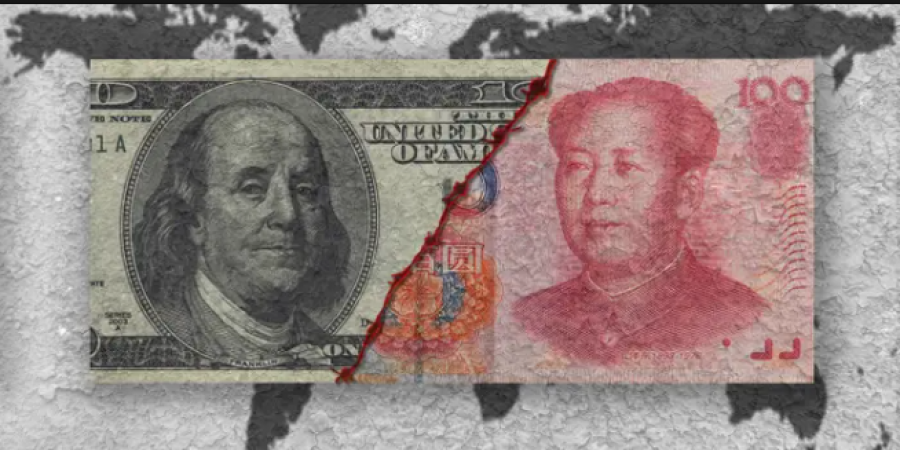
USA: The International Monetary Fund (IMF) has warned that rising geopolitical tensions could hinder foreign investment and eventually result in a sustained loss of 2% of the global GDP.
As businesses and policymakers are focused on bringing production home or to "trusted countries," fragmentation risks are increasing globally, according to the organization's economic outlook released on Wednesday.
The overall bilateral cross-border allocation of portfolio investments and bank claims has been reduced by about 15%, according to the IMF, as a result of rising trade tensions between investing and recipient nations like the United States and China.
Also Read: In a new leak, more secret US documents are released
The report stated that "over the last decade, the share of FDI (foreign direct investment) flows among geopolitically aligned economies has kept rising, more so than the share for countries that are closer geographically. This finding suggests that geopolitical preferences are increasingly driving the geographic footprint of FDI."
According to the organisation, the rise of "friendshoring" may be especially detrimental to less developed markets.
Also Read: Trump wants to give the Mexican cartels "military options"
Due to decreased capital formation and productivity gains from the transfer of better technologies and know-how, it was stated that emerging markets and developing economies were particularly impacted by the reduced access to investment from advanced economies.
"A fragmented world is likely to be a poorer one," warned IMF economists.
Reshoring or friendshoring to existing partners will frequently reduce diversification and make countries more susceptible to macroeconomic shocks, the report warned. While reconfigured supply chains may help maintain a technological edge over geopolitical rivals and strengthen national security, it also makes countries more vulnerable to such shocks.
Also Read: China claims that the US wants to establish "cyber hegemony"
Investors may be concerned that nonaligned economies will eventually be forced to choose one bloc over another in a fragmented world with increased geopolitical tensions, the IMF said, and this uncertainty could exacerbate losses.